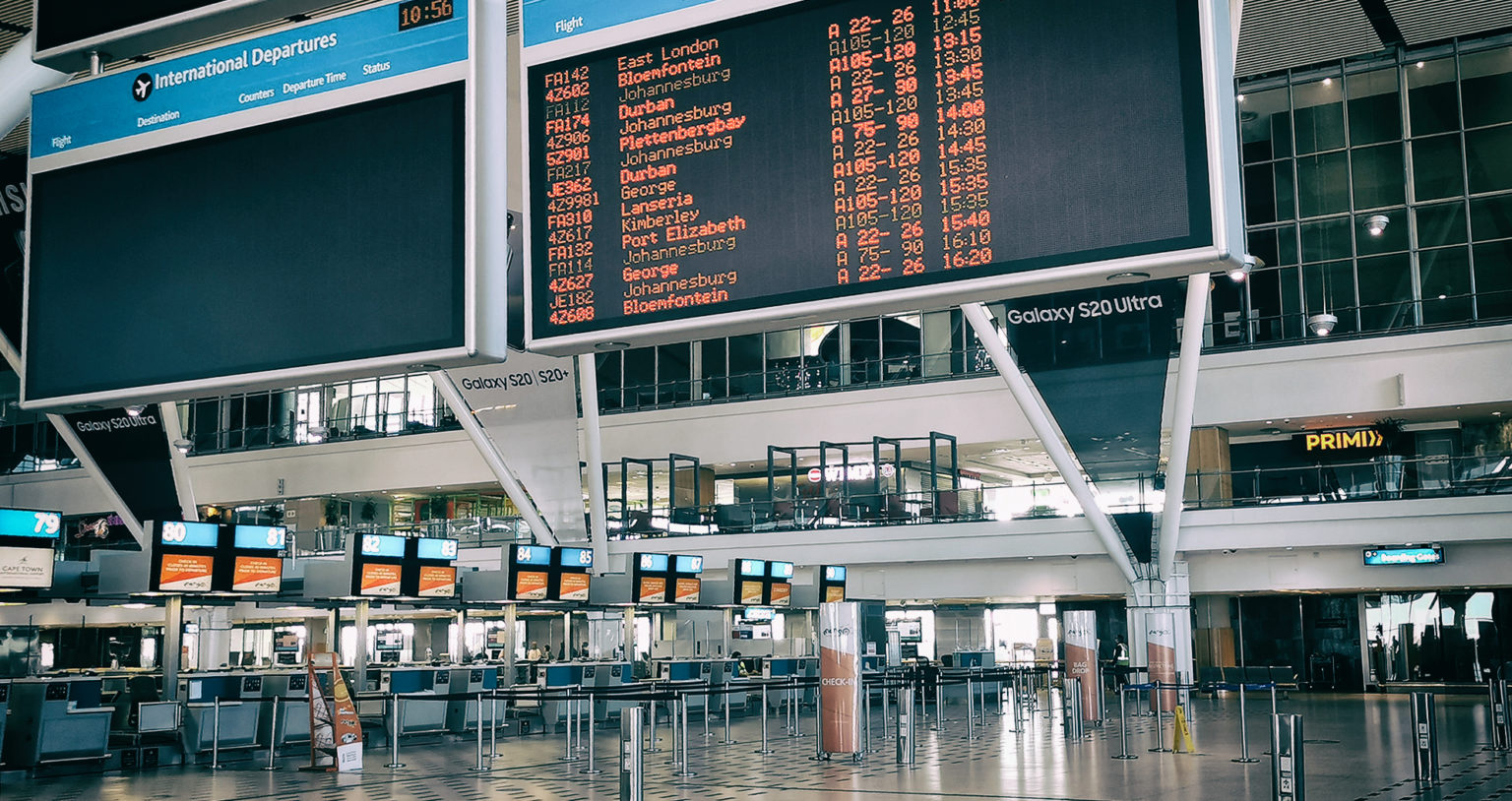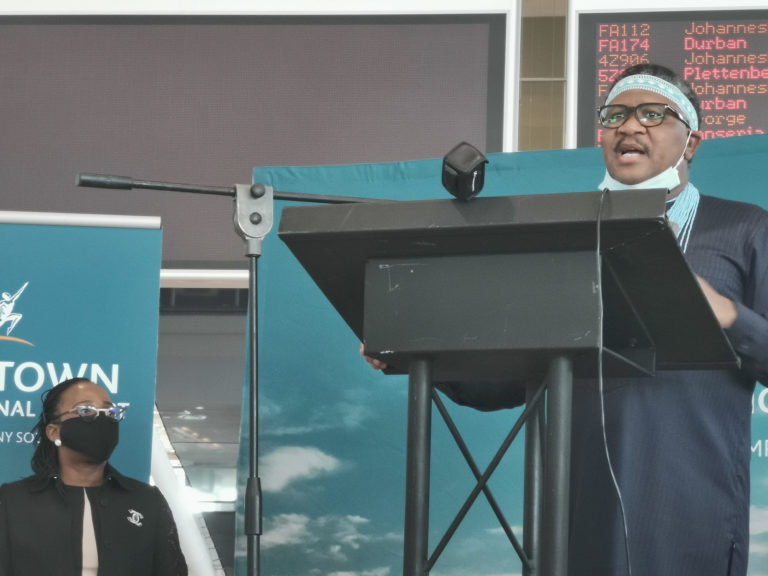https://www.businesslive.co.za/bd/opini ... Jb6veVhhaQ
COVID-19 IMPACT
Safari tourism on brink of extinction as insurers and government fiddle
Fine print gives rise to a paradoxical situation — the lockdown prevented infections on which insurance payouts are now contingent
30 JUNE 2020 - 20:59 DON SCOTT AND BRUCE JENKINS

Tourists on safari in SA. Picture: 123RF.COM
Though the effect is vast and hard to quantify, everyone knows the Covid-19 shutdown of the tourism industry is wreaking havoc on businesses and value chains reliant on travel and tourism. What industry could possibly be sustained on zero income, with zero subsidies or bailouts, for the length of time government has imposed on our sector? Our ailing businesses and the millions of people we directly and indirectly employ seemingly stand alone.
At the worst possible time the apocalyptic intersection and combination of two key issues are unfolding that spell the collapse of the safari tourism industry as we know it.
The first is the government's delay in its deliberations to allow, or not allow, the tourism sector to restart under the operational protocols the industry has pro-actively developed. The second is the intransigent and callous position being taken by the insurance sector in its unwillingness to honour business interruption insurance claims, which hospitality businesses specifically took extensions for to cover against notifiable diseases.
The government, whose initial response to the pandemic seemed decisive and logical, has become inexplicably lethargic in its response to the plight of the tourism sector. Authorities are showing a frustrating unwillingness to open the sector in any meaningful way — the latest amendments to the regulations of the Disaster Management Act under alert level 3 are a clear example.
Allowing for leisure travel while still prohibiting interprovincial travel is a non-starter for any tourism operation outside the large urban centres — safari tourism businesses in particular. In addition, the tourism minister announced on June 26 that licensed accommodation facilities are not allowed to open for leisure travel, but only for business travel! This is in conflict with the published amendments to the regulations and is creating confusion and frustration among tourism establishments.
The insurance industry, for its part, is refusing to pay claims for business interruption against notifiable disease policy extensions. Insurers are arguing that infectious disease extensions can be triggered only if a case of Covid-19 occurred on or near our properties, and that we must prove that the infection led to closing our doors.
Insurers engage in semantic manoeuvring to avoid the underlying intention of the infectious disease clause. When reading the wording in the policies it becomes obvious that the intention of instituting a radius of effect of an infectious disease is to prevent insured businesses from trying to claim against events that haven’t truly affected them. So, for example, a Johannesburg-based business should not be able to claim for a cholera outbreak in Cape Town.
However, in our present situation it is clear that an infectious disease that has swept the world led to a decision by the government to close our sector in an attempt to pre-empt a wave of infections that would overwhelm our medical care capacity. In doing so the tourism sector was forced to shut its doors before we could record any actual cases of this disease on or near our properties. In fact, the pre-emptive shutdown of the sector is the very act that prevented us all from recording cases in the first place, and the insurance industry is using this paradoxical situation to exploit its own version of whether say are valid.
Is our shutdown by government authorities a direct consequence of an infectious disease? Absolutely. Are any of the tourism businesses forced into shutdown doing so as a result of anything other than a notifiable disease? Absolutely not. Is the insurance industry protecting its profits in a time when it should be helping to save an entire sector? We rest our case.
What must be understood is that the intersection of these two critical issues at a time when our industry is at its most fragile could be the death knell for safari tourism in SA. If those in power allow this to come to pass it could mean the systematic unravelling of the region’s most iconic protected areas, the Greater Kruger National Park.
South Africans must proudly unite behind the tourism sector because it contributes 8.6% to GDP and employs about 750,000 locals directly (and about 1.5-million indirectly). Even the president has acknowledged that tourism is SA’s largest employer. An important nuance in these statistics is the geographic distribution of this economic contribution. Tourism spreads the wealth throughout SA, benefiting people in far-flung communities, and is often the only form of economic activity in rural SA. This is nowhere more obvious than in the safari tourism sector of the Greater Kruger National Park — an open system of public and private game reserves, which includes the Kruger National Park, a flagship African wilderness landscape.
A study on the economic gains of the Greater Kruger in 2016/2017 and published in 2019 found that its total GDP contribution was R6,6bn, with about 22,300 people employed and a wage bill of more than R3.4bn. With the average employee in the rural lowveld region supporting up to 10 people, the overall economic reach of the park is nearly 250,000 people.
Most importantly, over 60% of the park's operational expenditure, about R1.3bn, was spent on local businesses within a 50km radius of the complex. For private tourism businesses within the reserves the local spend was about 70%. The economic contribution of the safari tourism sector of the Greater Kruger to SA's GDP is therefore significant, and to the local communities of Acornhoek, Welverdiend, Hluvukani, Bushbuckridge, Huntington, Hazyview, Nelspruit, Hoedspruit, Phalaborwa and Giyani it is crucial.
Our sector is almost single-handedly supporting the entire rural economy of the Kruger lowveld region, and if we disappear the rural communities, small towns and villages that straddle the iconic Greater Kruger will become an economic wasteland. The unravelling of the underlying social fabric will surely follow. The entire protected area is itself under threat, since tourism contributes vast sums to the running costs of public and private nature reserves in the area.
Despite the shutdown and zero income, the tourism sector has been remarkably proactive. In response to the Covid emergency we sprang into action and worked tirelessly with our NGO and government partners to help co-ordinate effective responses to the crisis in the lowveld. We have marshalled our staff, our vehicles and our own funds to assist communities with deliveries of food parcels, made and delivered food to desperate care centres for the elderly, and allocated staff to assist with the online schooling of children in local communities. We have engaged with the Tourism Business Council of SA to help develop well-thought-out and practical operational protocols to ensure safe operations when the sector is allowed to trade again. All of this has been done for no return and without any call to government or other agencies to assist us financially.
But time is running out. Unless the government allows us to start trading, and unless the insurance sector finds its moral compass, the safari tourism businesses of the Greater Kruger will run out of money. Doors will close, never to reopen. More jobs will be obliterated. And with it, one by one we will lose the protected areas that they help fund.
A social, economic and ecological apocalypse must be avoided. For one, the government could put pressure on the insurance companies to urgently address the business interruption claims and, from their side, insurance companies could put pressure on the government to allow us to start trading again in a responsible and meaningful way.
• Scott owns Tanda Tula and Jenkins Rockfig Safari Lodge, both located in Timbavati Private Nature Reserve.


